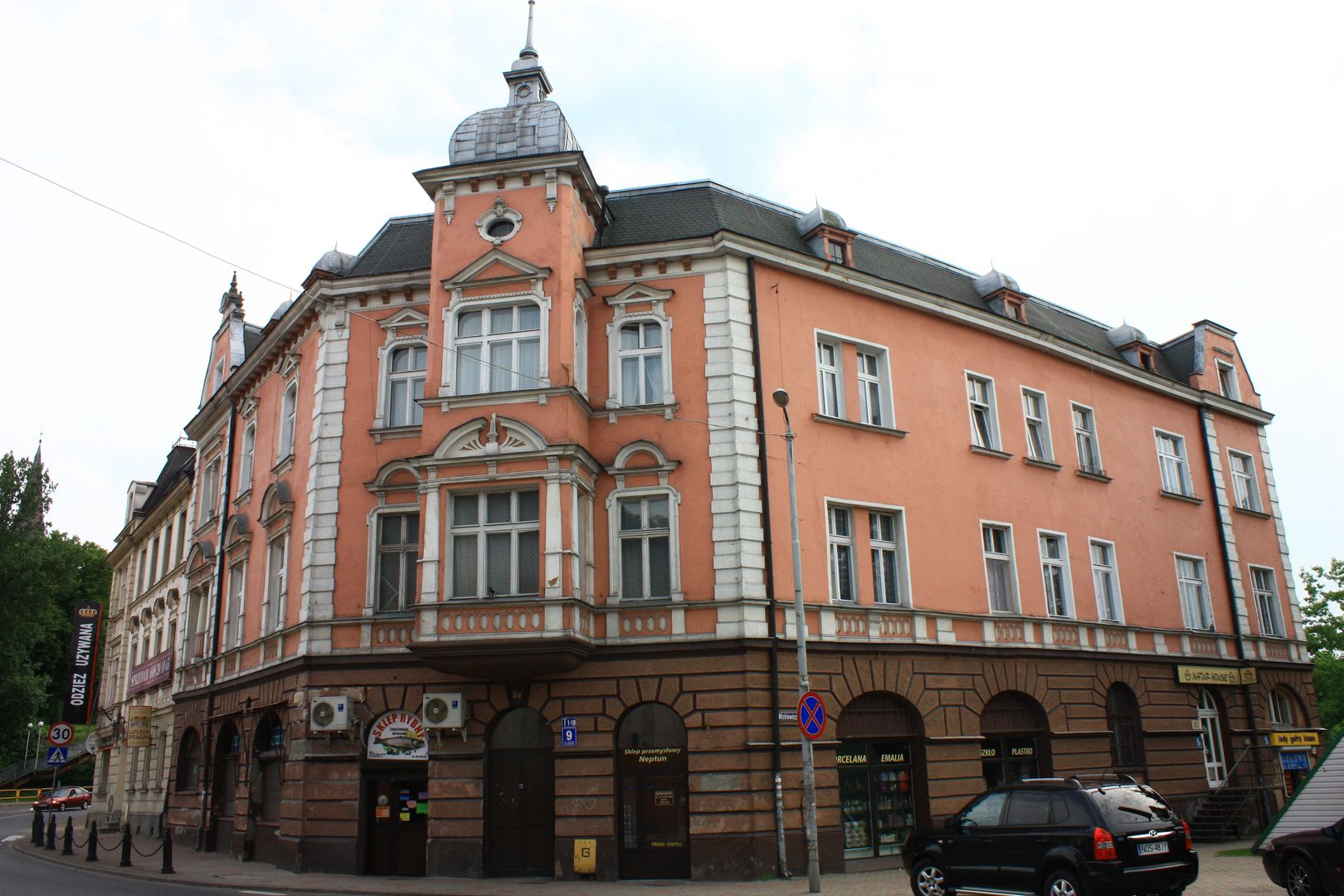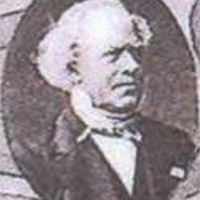Ostróda
6.76

Overview
Ostróda is a city in Poland, located in the Warmian-Masurian Voivodeship, known for its rich history, architecture, and culture. It has held town rights since 1329, when the Commander of Dzierzgoń, Luther von Braunschweig, granted them to the settlement surrounding a wooden guardhouse and a Teutonic castle, which was rebuilt multiple times. The city is situated on the border of the Drwęca Valley and the Olsztynek Plain, on the Drwęca River and surrounded by lakes, making it an attractive tourist destination. In Ostróda, visitors can explore interesting historical sites such as the Church of St. Dominic Savio, which originally dates back to the 14th century and was built in the Gothic style, as well as fragments of defensive walls and the Teutonic castle. The city is also a hub of vibrant culture, featuring an amphitheater and museums, and hosting music festivals such as the Ostróda Reggae Festival and the National Festival of Dance Music. Ostróda witnessed many significant historical events, including the Battle of Grunwald in 1410, when forces allied with Polish King Władysław II Jagiełło captured the city. After World War II, the city gained a new administrative and legal identity and began to develop—industrial plants and infrastructure were established. An interesting fact is that Napoleon Bonaparte stayed here in 1807, an event commemorated with a medal. Ostróda also hosts a subzone of the Warmian-Masurian Special Economic Zone, reflecting its economic activity. Modern Ostróda attracts tourists with its beautiful promenades along Lake Drwęckie and organized cruises on the Elbląg Canal, offering a perfect blend of nature and recreation. Residents enjoy a variety of cultural, sports, and educational institutions, making the city a dynamic center of social life.
Location
Tickets
Powered by GetYourGuide
You can also find here:
2026 Wizytor | All Rights Reserved
